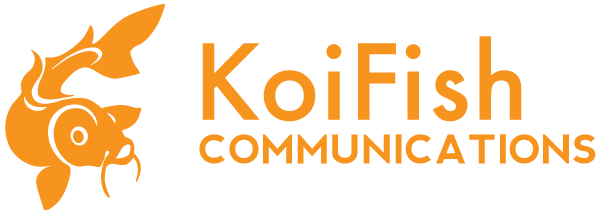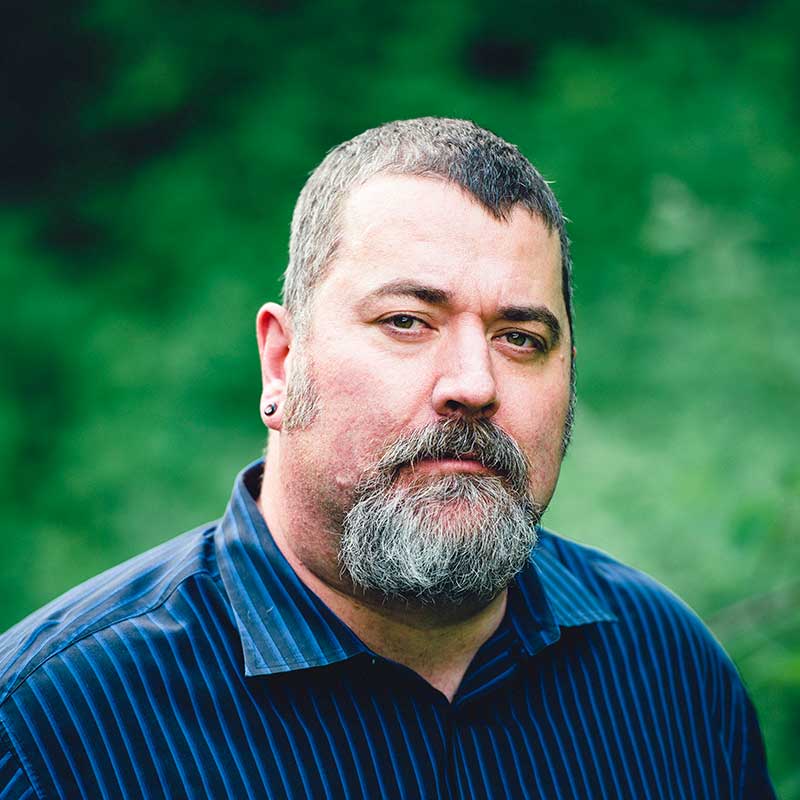A Sleep Apnea Treatment I Can Live With
This post is long and has absolutely nothing to do with PR or marketing. Regardless, it is something that is extremely important to me and millions of other people. If you or someone you know suffers from Obstructive Sleep Apnea, you might find it worthwhile.
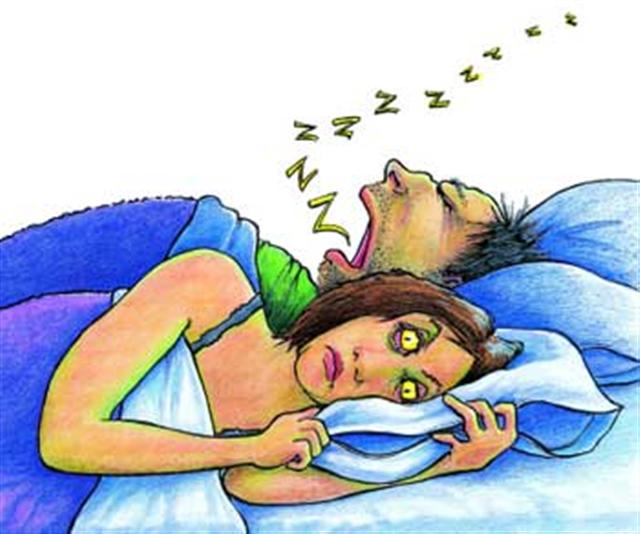 Obstructive sleep apnea (OSA) is a very bad thing. In fact, it is lethal. Since being diagnosed with sleep apnea a few years ago, I’ve tried a couple of different treatments. I’m pleased to say I’ve finally found one that I can live with (literally). Unfortunately, this treatment isn’t one the medical community seems to have embraced. Nor is it something that is regularly recommended or even frequently discussed by the sleep medicine community. Frankly, I think this is criminal. For those who would prefer to get straight to the punch line, the treatment is an oral appliance that I got from the good folks at the Sleep Medicine Network in Portland, Oregon. The device has changed – and most likely extended – my life. Suffice it to say that the folks at SMN have quickly become my new BFFs.
Obstructive sleep apnea (OSA) is a very bad thing. In fact, it is lethal. Since being diagnosed with sleep apnea a few years ago, I’ve tried a couple of different treatments. I’m pleased to say I’ve finally found one that I can live with (literally). Unfortunately, this treatment isn’t one the medical community seems to have embraced. Nor is it something that is regularly recommended or even frequently discussed by the sleep medicine community. Frankly, I think this is criminal. For those who would prefer to get straight to the punch line, the treatment is an oral appliance that I got from the good folks at the Sleep Medicine Network in Portland, Oregon. The device has changed – and most likely extended – my life. Suffice it to say that the folks at SMN have quickly become my new BFFs.
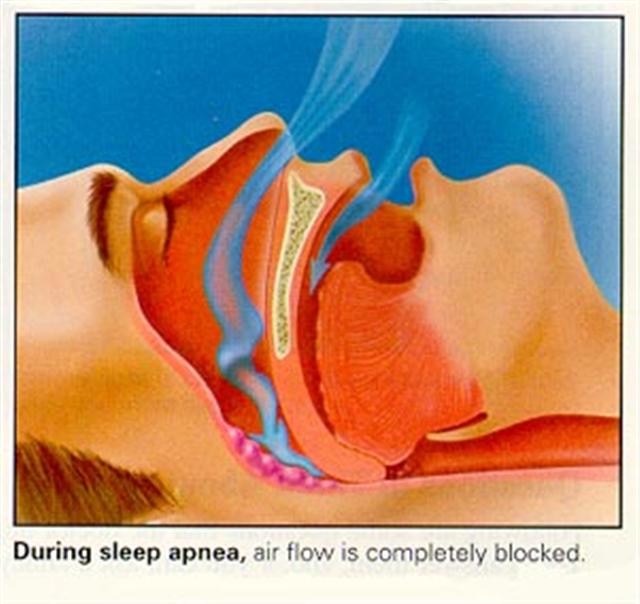 Obstructive sleep apnea occurs when a person’s breathing is interrupted during sleep due to a blockage of the airway usually caused when the soft tissue in the back of the neck collapses as the muscles relax during sleep. People with sleep apnea actually stop breathing, often for a minute or longer and as many as hundreds of times during a single night. When the airway closes and breathing stops, the body eventually recognizes a significant decrease in blood oxygen and the sleeper awakens to begin breathing again. The arousal from sleep only lasts a few seconds and the person is never really conscious of being awake, but awake they are. This makes it very difficult for them to get REM sleep, which means what little sleep they actually do get isn’t terribly rejuvenating.
All of this is extremely hard on the body and the mind. The frequent drops in oxygen levels trigger the release of stress hormones. These hormones raise the heart rate and increase the risk of high blood pressure, heart attack, diabetes, stroke, irregular heartbeat and heart failure. In fact, the overwhelming majority of those who suffer from these conditions have OSA. Sleeplessness can also be a major cause of depression. People who have any of these conditions or are overweight or snore profusely are taking an unnecessary risk with their health if they don’t get checked for OSA.
Obstructive sleep apnea occurs when a person’s breathing is interrupted during sleep due to a blockage of the airway usually caused when the soft tissue in the back of the neck collapses as the muscles relax during sleep. People with sleep apnea actually stop breathing, often for a minute or longer and as many as hundreds of times during a single night. When the airway closes and breathing stops, the body eventually recognizes a significant decrease in blood oxygen and the sleeper awakens to begin breathing again. The arousal from sleep only lasts a few seconds and the person is never really conscious of being awake, but awake they are. This makes it very difficult for them to get REM sleep, which means what little sleep they actually do get isn’t terribly rejuvenating.
All of this is extremely hard on the body and the mind. The frequent drops in oxygen levels trigger the release of stress hormones. These hormones raise the heart rate and increase the risk of high blood pressure, heart attack, diabetes, stroke, irregular heartbeat and heart failure. In fact, the overwhelming majority of those who suffer from these conditions have OSA. Sleeplessness can also be a major cause of depression. People who have any of these conditions or are overweight or snore profusely are taking an unnecessary risk with their health if they don’t get checked for OSA.
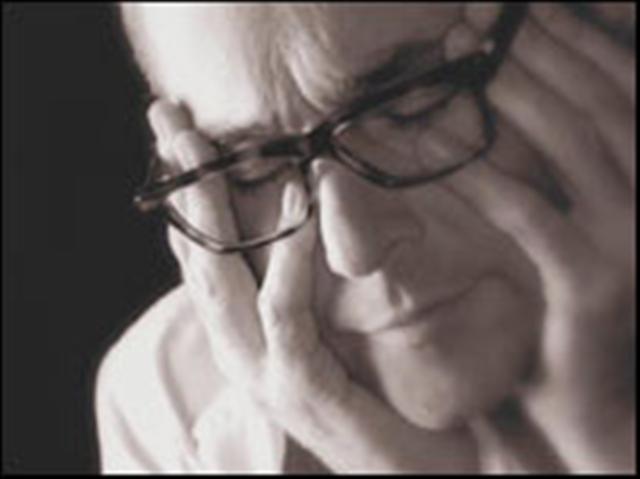 There are a lot of reasons people with OSA are never treated. First, many people who suffer from OSA don’t even know it. They aren’t conscious of waking up over and over again all night; they only know they are always tired. The National Sleep Foundation estimates 25% of adults in the US suffer from OSA, yet 85-90% of them go undiagnosed. Second, it isn’t something primary care physicians routinely discuss with patients that aren’t reporting symptoms.
The Medical Community – How Do They Sleep at Night?
There are a lot of reasons people with OSA are never treated. First, many people who suffer from OSA don’t even know it. They aren’t conscious of waking up over and over again all night; they only know they are always tired. The National Sleep Foundation estimates 25% of adults in the US suffer from OSA, yet 85-90% of them go undiagnosed. Second, it isn’t something primary care physicians routinely discuss with patients that aren’t reporting symptoms.
The Medical Community – How Do They Sleep at Night?
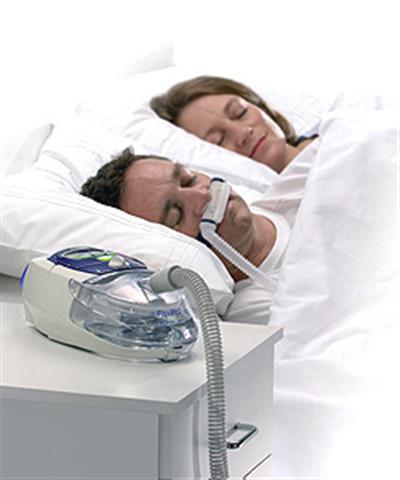 The most commonly prescribed solutions to OSA are surgery or the use of a CPAP machine. Surgery is extremely painful and often fails to solve the problem. This leaves the CPAP, which provides positive air pressure to prevent the soft tissue from collapsing as the go-to treatment used by the sleep medicine community.
My experience with the CPAP was extremely unpleasant. It sucks wearing a mask strapped to your head all night. And because I require a lot of air pressure to keep my airway open, the mask would leak and blow a high volume of air all over my face and eyes that would wake me up repeatedly throughout the night. The mask required daily cleaning. It gave me zits. It dried out my mouth. It was cumbersome to travel with. The rare nights when it wasn’t leaking, it filled my stomach and bowels with air. This is extremely uncomfortable, though I did take some juvenile pleasure in the fact that I was able to produce belches and flatulence with a volume, tone and resonance that one cannot achieve naturally (my wife was not amused). Most nights, I ended up taking it off after about 3 hours.
The most commonly prescribed solutions to OSA are surgery or the use of a CPAP machine. Surgery is extremely painful and often fails to solve the problem. This leaves the CPAP, which provides positive air pressure to prevent the soft tissue from collapsing as the go-to treatment used by the sleep medicine community.
My experience with the CPAP was extremely unpleasant. It sucks wearing a mask strapped to your head all night. And because I require a lot of air pressure to keep my airway open, the mask would leak and blow a high volume of air all over my face and eyes that would wake me up repeatedly throughout the night. The mask required daily cleaning. It gave me zits. It dried out my mouth. It was cumbersome to travel with. The rare nights when it wasn’t leaking, it filled my stomach and bowels with air. This is extremely uncomfortable, though I did take some juvenile pleasure in the fact that I was able to produce belches and flatulence with a volume, tone and resonance that one cannot achieve naturally (my wife was not amused). Most nights, I ended up taking it off after about 3 hours.
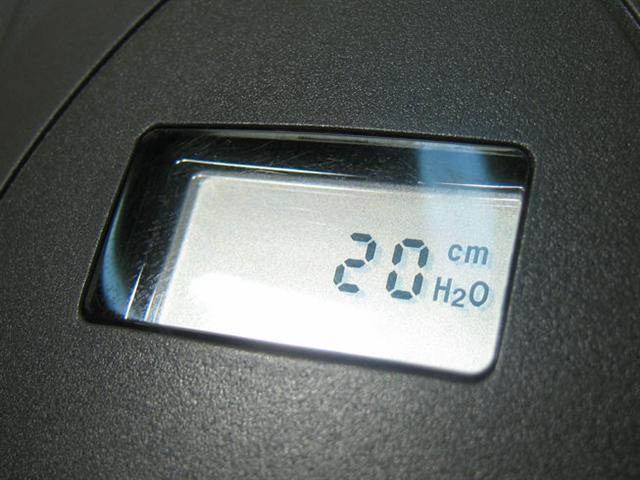
CPAP set on full blast really blows
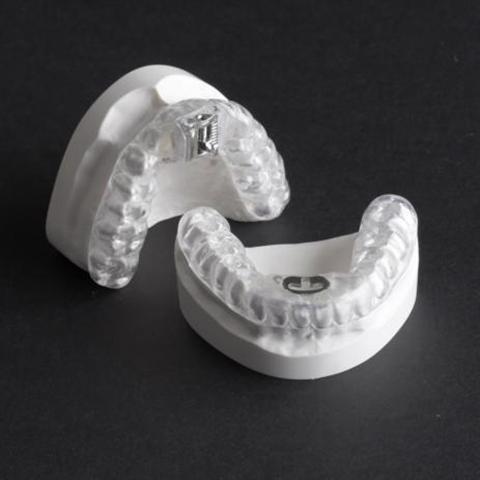 The first time I heard about the oral appliance was from a friend with mild sleep apnea. It allowed her to get rid of the CPAP entirely. Since I was under the impression that it wouldn’t allow me to do the same, it wasn’t something I decided to pursue. Fortunately, it turns out I also grind my teeth when I sleep, and my dentist insisted I begin wearing a mouth guard. I decided that if I was going to have to have to sleep with something in my mouth anyhow, it might as well be something that helps with OSA. That’s when I was referred to the Sleep Medicine Network.
The oral appliance works by moving and holding the lower jaw in a forward position, which opens the airway. There is a reason why the first step in rescue breathing/CPR is to perform a jaw thrust and this is it. If you look at the video below, you’ll see the guy’s jaw move back before he starts choking. Keeping the jaw forward makes intuitive sense and it works. You can even try it for yourself. Simply bring your lower jaw as far toward the back of your throat as you can and make a snoring sound. It is easy to do. Now jut your lower jaw out as far as you can – it is a lot harder to make the same noise. That’s all there is to it.
The first time I heard about the oral appliance was from a friend with mild sleep apnea. It allowed her to get rid of the CPAP entirely. Since I was under the impression that it wouldn’t allow me to do the same, it wasn’t something I decided to pursue. Fortunately, it turns out I also grind my teeth when I sleep, and my dentist insisted I begin wearing a mouth guard. I decided that if I was going to have to have to sleep with something in my mouth anyhow, it might as well be something that helps with OSA. That’s when I was referred to the Sleep Medicine Network.
The oral appliance works by moving and holding the lower jaw in a forward position, which opens the airway. There is a reason why the first step in rescue breathing/CPR is to perform a jaw thrust and this is it. If you look at the video below, you’ll see the guy’s jaw move back before he starts choking. Keeping the jaw forward makes intuitive sense and it works. You can even try it for yourself. Simply bring your lower jaw as far toward the back of your throat as you can and make a snoring sound. It is easy to do. Now jut your lower jaw out as far as you can – it is a lot harder to make the same noise. That’s all there is to it.
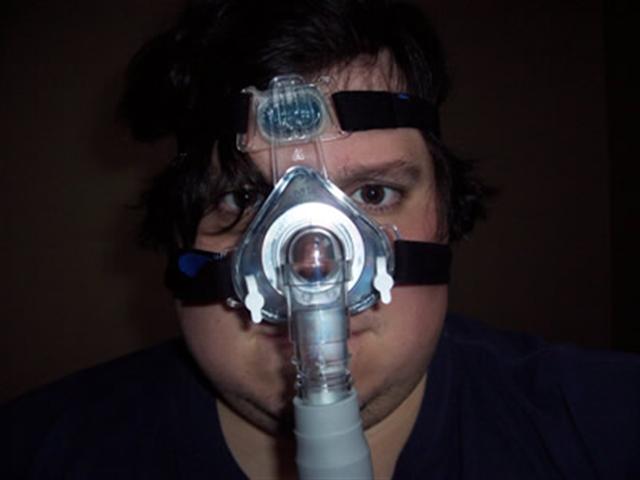
Only sexy to a perverse few
